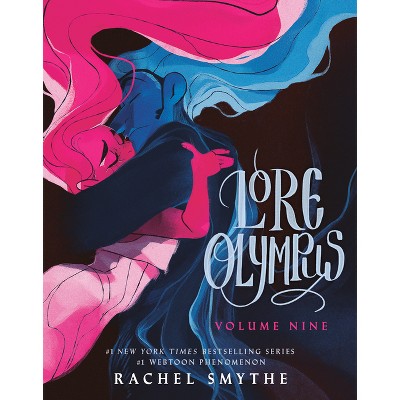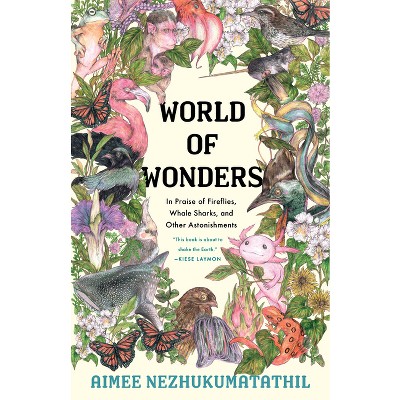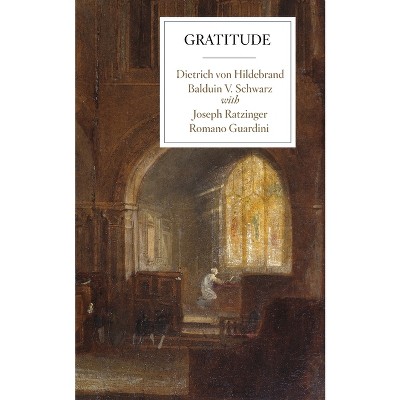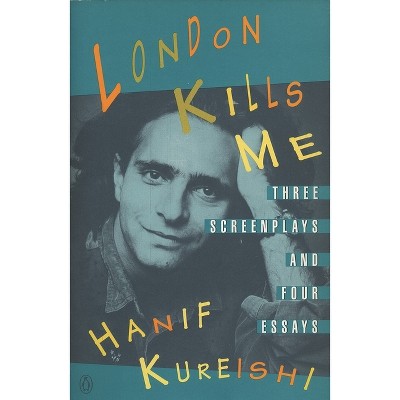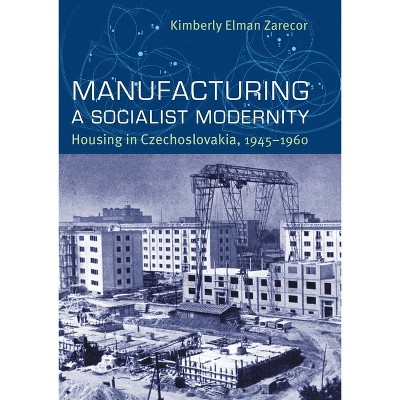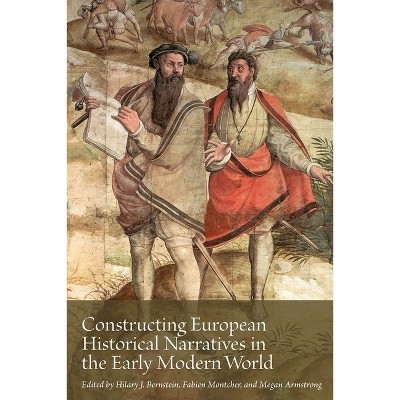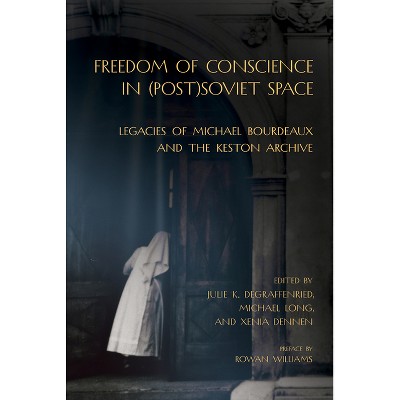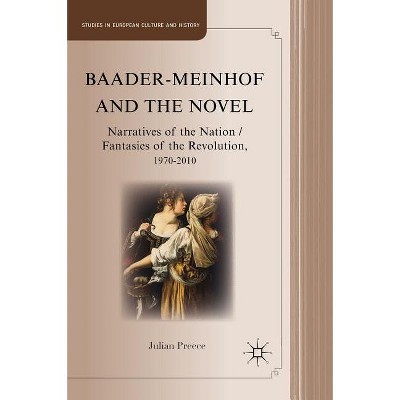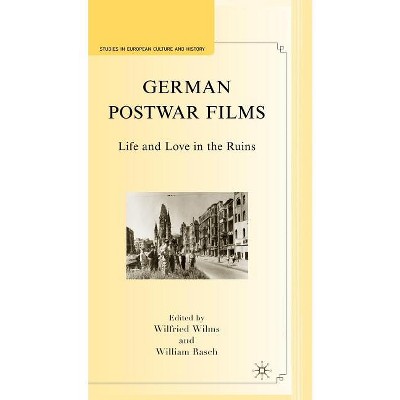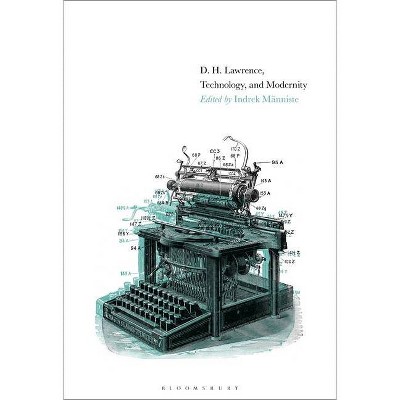Sponsored

Freedom and Confinement in Modernity - (Studies in European Culture and History) by A Kordela & D Vardoulakis (Hardcover)
In Stock
Sponsored
About this item
Highlights
- Kafka's literary universe is organized around constellations of imprisonment.
- About the Author: DIMITRIS VARDOULAKIS teaches at the University of Western Sydney, Australia.
- 244 Pages
- Literary Criticism, European
- Series Name: Studies in European Culture and History
Description
About the Book
Kafka’s literary universe is organized around constellations of imprisonment, which traditionally have been conceptualized as an existential anguish in the face of the nothingness of human life in the fallen world of technocratic modernity. Presupposed in these interpretations is a notion of (an unattainable) freedom as the opposite of confinement. By tracing the figure of the cage on several philosophic, aesthetic, and socio-political levels, and through rich interdisciplinary methodologies, the present essays treat Kafka’s cages as the very critique of a culture that first posits a clear-cut opposition between confinement and freedom, and then sets up the latter as unattainable. Such a re-conceptualization of freedom, the central concept of liberal democracy, has never been attempted before in Kafka scholarship; the proposed volume has, therefore, deep ramifications for a variety of different disciplines, from philosophy and epistemology, to literary and political theory. Given the centrality of Kafka’s work in fields ranging from German, English, and Comparative Literature, to Jewish Studies, Theatre Studies, and Critical Theory, it is also envisaged that the book will become a standard prescribed course-text on Kafka.
Book Synopsis
Kafka's literary universe is organized around constellations of imprisonment. Freedom and Confinement in Modernity proposes that imprisonment does not signify a tortured state of the individual in modernity. Rather, it provides a new reading of imprisonment suggesting it allows Kafka to perform a critique of a modernity instead.Review Quotes
'Focusing on one of Kafka's crucial problem images the cage, the prisoner, the question of imprisonment, escape, and freedom Freedom and Confinement in Modernity does away with the misleading conception of imprisonment as lack of freedom. Instead, it combines a rich variety of approaches to unfold the cage as agent of cultural productivity and of literature itself. This volume provides a shining example of collaboration between philosophy, cultural studies, and literary theory.' - Benno Wagner, Professor, Siegen University, Germany
'The essays collected in Freedom and Confinement in Modernity set out to pursue a novel approach to Kafka's world. The focus on the figure of the 'cage' is thoughtful and original, as it allows us to rethink the literary specificity of Kafka's texts in terms of broader sociopolitical concerns, and situates Kafka's challenging work at the transdisciplinary core of fields as diverse as aesthetic theory, political philosophy, literary history, and psychoanalysis. This is a marvelous and thought-provoking volume.' - Gerhard Richter, Professor of German and Director of the Graduate Program in Critical Theory, University of California, Davis
'The power to stimulate fresh questions rather than put to rest earlier ones is surely a mark of what we have come to call greatness in a writer. Few have matched Kafka in generating successive challenges to conventional wisdom not only about literature, but also about life. In Freedom and Confinement in Modernity we come to know a new Kafka, who forces us to rethink many of our assumptions about the delicate relationship between constraint and emancipation in the modern era.' - Martin Jay, Sidney Hellman Ehrman Professor of History, University of California Berkeley
About the Author
DIMITRIS VARDOULAKIS teaches at the University of Western Sydney, Australia. KIARINA A. KORDELA teaches at Macalester College, USA.Shipping details
Return details
Frequently bought together
